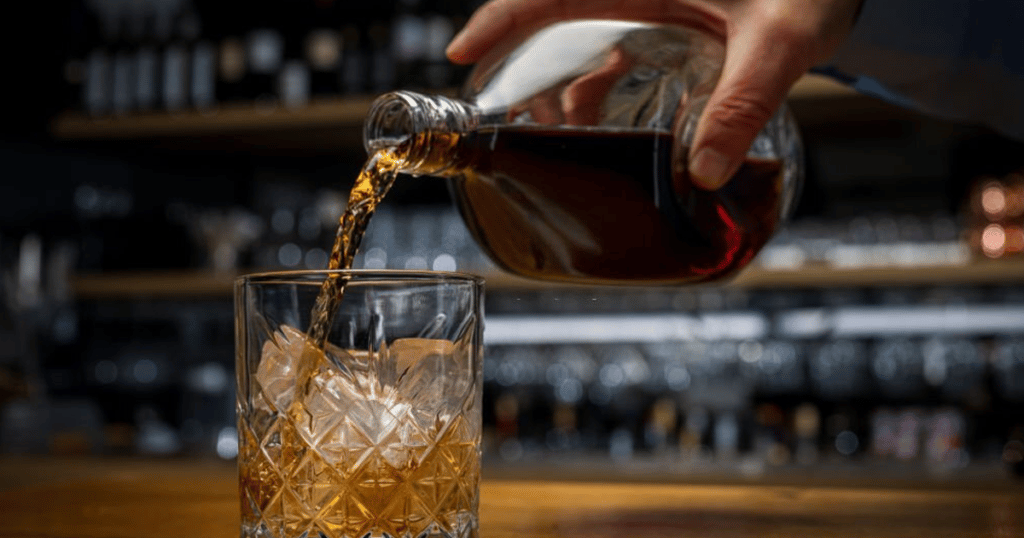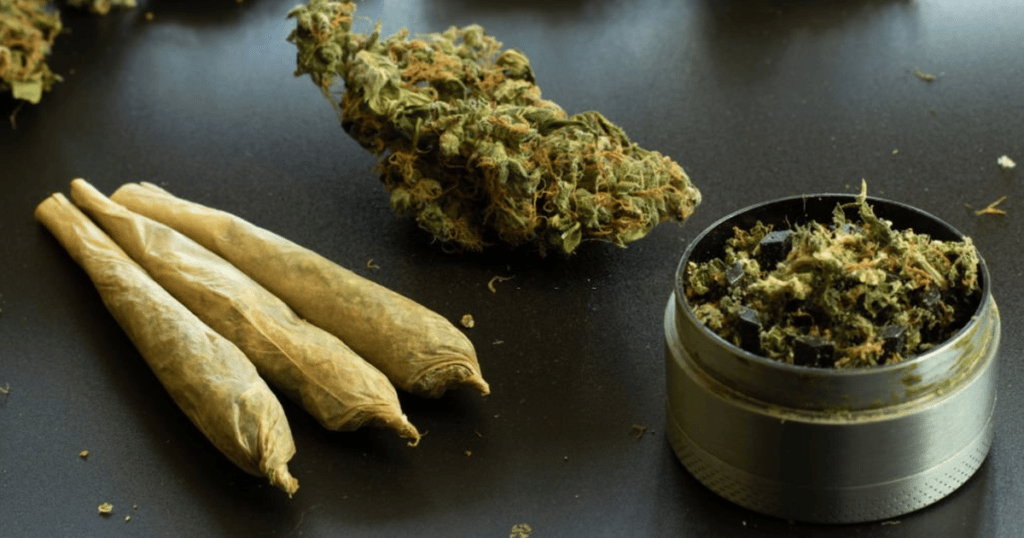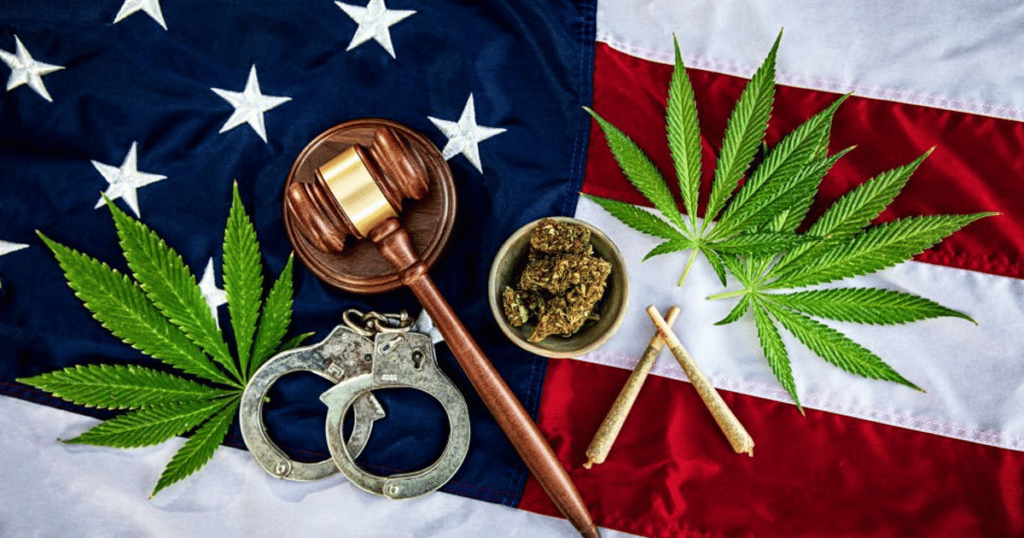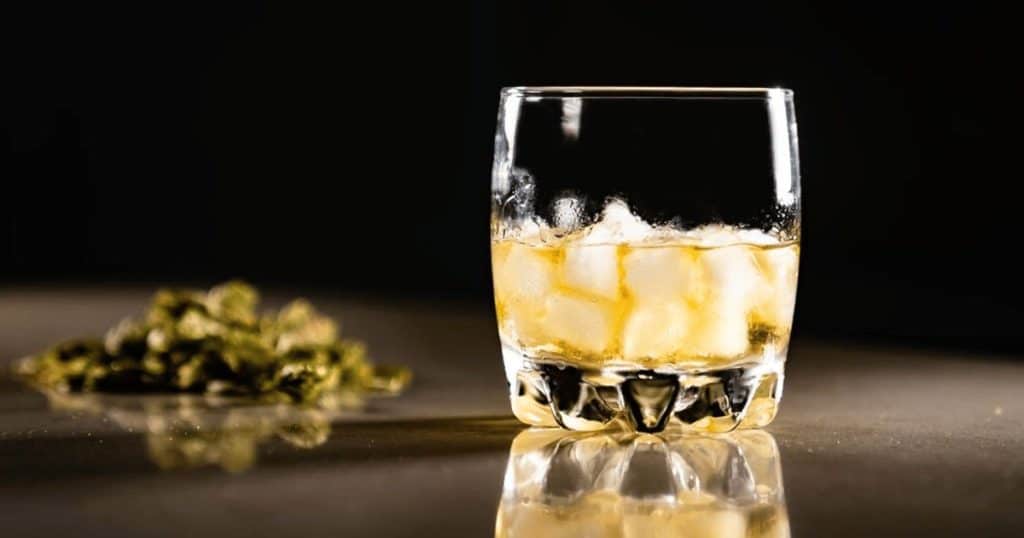We all know that alcohol is a killer.
In fact, according to the National Institute of Health, nearly 100,000 people died from alcohol-induced causes in the United States in 2017 alone. And that’s not including those who died from drunk driving or other accidents caused by alcohol use.
But what about marijuana? Is it really as bad as everyone says? Well, according to a recent poll by Gallup, it depends on who you ask.
The poll showed more than half of Americans think cannabis is better for people and society than alcohol. These results may be surprising considering how much political action has been taken against cannabis legalization in recent years, but we hope that the uptick in interest will inspire politicians to act democratically.
Alcohol In America
Alcohol is an interesting thing.
It’s legal in the US, and it’s a huge part of American culture. From the whiskey-shooting cowboys of the Wild West to the craft breweries of today, we have a storied history with booze. Even Prohibition was a transformative time for Americans, changing our relationship with alcohol forever.
It’s been nearly 100 years since Prohibition was repealed, but the amount of Americans who support alcohol consumption is shockingly low. A Gallup poll found 75 percent of Americans believe alcohol is bad for society—and 71 percent said it’s no good for most individual drinkers.
If we were to think democratically, it would seem stricter alcohol laws would be created in response to this, seeing as the US has no problem outlawing other similarly intoxicating substances. Cannabis, for example, has been federally illegal for well over a century now, and despite the majority of Americans preferring weed to alcohol, one remains legal and accessible while the other carries a hefty penalty.
The data suggests people still generally feel marijuana is the better choice. Not even people who drink believe alcohol is a net positive.
A study recently found even people who drank alcohol felt it was more harmful than marijuana. The only people who seem to like alcohol are those who profit from it: many politicians own distilleries, like KY lawmaker Senate Majority Floor Leader Damon Thayer (R), who is notably anti-marijuana.
In fact, there are many examples of politicians promoting alcohol while publicly condemning cannabis. Clearly, their political alignment has little to do with the people they claim to represent and far more to do with their own personal biases against cannabis.

The War On Drugs
The war on cannabis has been going on for a long time. But it wasn’t always about a drug war.
The fight against cannabis started in the late 19th century, when timber companies realized hemp threatened to put them out of business. At the time, hemp was used to make rope and other textiles, but these industries were in decline because of mass production by cotton mills. The timber industry wanted to dominate the industry, so they began to lobby government officials to make marijuana illegal—and they succeeded.
Using racism and xenophobia as a weapon, they managed to scare Americans into believing cannabis was associated with violent Mexicans and drug addicts. They called it “marijuana” instead of “hemp” because they wanted people to associate it with something foreign and scary (see: propaganda).
Even though we now know marijuana doesn’t make you violent or crazy (it’s just a plant!), some states still use the word marijuana in their legal code—even though it’s a racist term used to promote xenophobia and fearmongering.
Weed is clearly a threat to the status quo because politicians decided it was a threat, not because it inherently is one!

The Disconnect Between People And Politicians
There’s a reason why politicians are so keen on keeping cannabis illegal.
Marijuana arrests make up the bulk of drug infractions. With over 8.2 million people rotting in prison over pot, it’s easy to see why. But not only does this perpetuate the war on drugs, it also props up an entire system of oppression that helps maintain our current power structure.
Penal state is important to the maintenance of the status quo and the maintenance of elite power. Prisons make up the biggest labor force in the country, and they’re largely made up of people who’ve been arrested for cannabis-related crimes—which means these politicians have a vested interest in keeping these laws intact so they can keep exploiting prisoners’ labor without having to pay them wages or benefits.
Repealing cannabis laws and granting clemency for arrested individuals would destroy the prison industrial complex and put a lot of companies out of profit. In turn, the politicians in their pockets will lose power over an exploitable population; parents will no longer be separated from their families; communities will no longer be torn apart by racial disparities in arrest rates; and those in power will lose their hold on the people.

Cannabis is not by nature revolutionary. It is a plant used by humans for millennia without issue. It wasn’t until American corporations and politicians decided to transform it into the enemy of the State it became the powerful force it is today.
Clearly, Americans are seeing through the propaganda and want to embrace pot in our culture and lives. Politicians, however, need to keep up.
Enjoyed that first hit? Come chill with us every week at the Friday Sesh for a freshly packed bowl of the week’s best cannabis news!


















